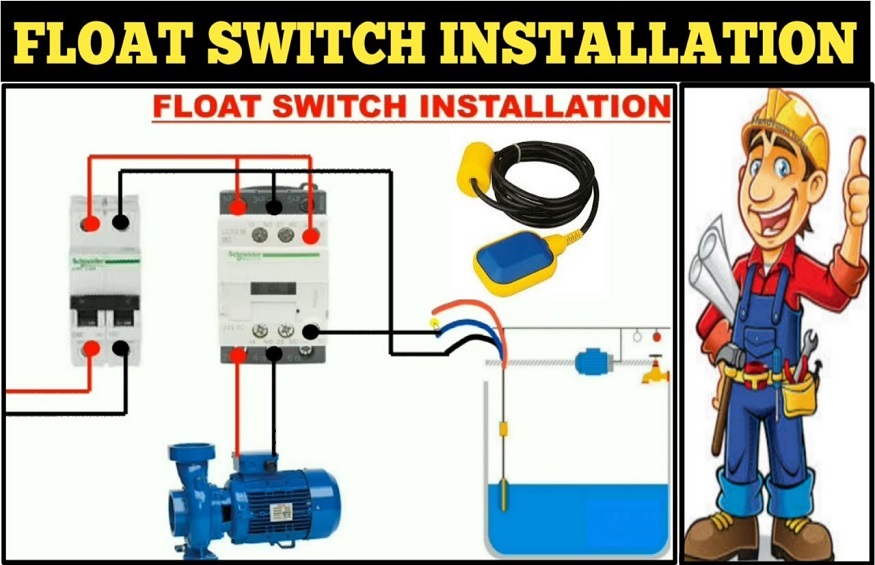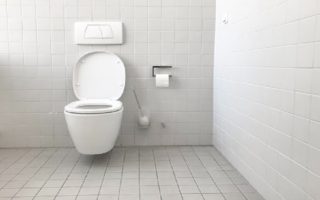When you’re selecting a float switch, you need to understand a few things before you can explore your options. You should know the performance that you expect from the float switch and understand the physical environment it will be functioning in to select the instrument that has the perfect capabilities for the application.
Mounting Options
The float switch you have chosen should be mountable on your water tank. Here are some common mounting options:
Flange
Flanges are small devices used to bolt the liquid sensor to the tank. Around 4 to 6 bolts are typically used, and their sizes vary from 2 to 3 inches.
Outside Plug NPT
NPT stands for National Pipe Thread. An NPT male plug is connected to a female NPT connection you can find on your tank. The threads form a seal when they’re torqued. Most float switches for tanks come with NPT plugs ranging between 1.5 to 3 inches.
Slide Option
The great thing about float switches with the slide option is that they can be used either with an NPT or a flange mount. The stem isn’t welded to the mounting but a compression fitting on the connection allows you to adjust the switch level without uninstalling or disassembling it. Slide options are available with FLX and FLR, but not with FLE switches unfortunately.
Vertical Float Switch Installation
The top of the tank is a common place to mount a float switch. They’re usually inserted through a threaded opening and a wrench is used to secure them in place. If you don’t see a threaded opening on your tank, you can use a flange mounted sensor and install it through a blind hole, otherwise known as vertical float switch installation.
Horizontal Float Switch Installation
When your tank isn’t accessible from top or the bottom, you may need to mount the float switch to the side of the tank. Horizontal float switches are designed to be installed this way. They’re quite amazing because they allow the level sensors and tank level gauge to be at a more precise liquid level location.
Read more: What Causes Your Circuit Breaker To Trip Repeatedly
Just like vertical switches, they can be installed via a threaded opening or bolted to the tank.
Bottom Line
Once you’ve successfully installed your float switch, don’t forget to maintain and clean it regularly to extend its lifespan. If you can’t figure out how to mount the float switch on your tank, hire an expert to do it for you!




